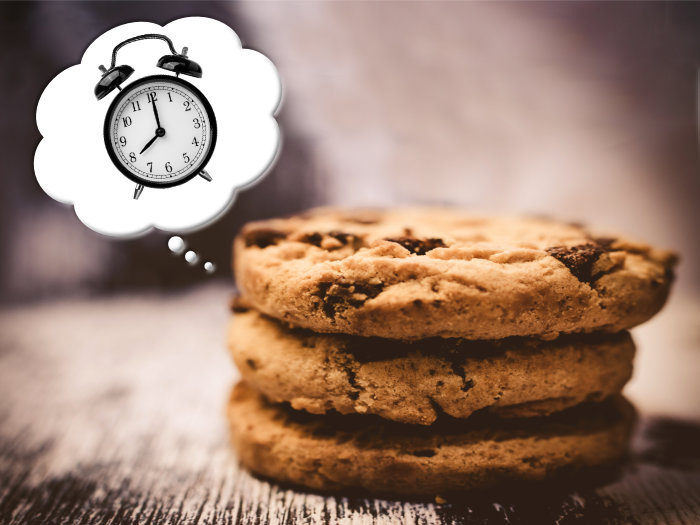Here we are. Or are we?
Some spiritual guidance experts tell us that it is important for us to be “fully present.” It is a concept that, as far as I know, found its beginnings in Buddhism and has since made its way to popular culture throughout the world. The concept of “being present” is in everything from self-help books to the words of world-renowned psychologists.
Being fully present.
The premise goes that when we live fully in the moment, we are truly “aware” of our inner being, our place, and our time. When we are fully present, they say there is an aliveness that comes easily.
When we are fully present, we are offering our whole selves to whatever it is that we are doing. All of our attention and energy is focused in the moment. We are paying attention to the task at hand. According to the gurus, this encompasses all of our moments — anything from washing dishes to kissing our soulmate. From riding a horse to writing a grocery list.
And, supposedly, whatever that moment may be, it then becomes a powerful experience when we are in this state. We are supposed to feel completely alive and invigorated.
We might be absorbed in work or play that we love. And. They say this “aliveness” is available to us at every moment. No matter what we are doing, we can summon this feeling of invigoration in our everyday tasks. Even the ones we don’t enjoy can become saturated with the goodness of being present. And, they say, the more present we are, the more meaningful our entire lives become.
So. Here is what I am thinking about all of this right now. For the first time.
What if they are wrong?
I’ve been trying to do this for a number of years now. Being present, mindful, and aware in the moment. And let me say this. When we are interacting with another human being, or even an animal, I believe it is important to give our full attention to that being. I believe we are acting with integrity when we fully offer ourselves to someone in that time and space.
But when we are alone, sweeping the floors. Or sitting in the chair at the dentist’s office? Is it really necessary for us to be fully in the moment? And then there is this. While I don’t mind scrubbing toilets, I rarely find absolute joy in that task.
Oh. And believe me. When I am getting a Pap smear test? I am fully aware and engaged in that moment. I’m paying attention, I’ll tell you. But I can’t say that I find personal fulfillment or joy at that moment.
No. I don’t think it is necessary all the time. Another example? Eating a freshly baked chocolate chip cookie. We will probably enjoy it no matter what. But do we need to focus on the actual eating of the cookie, or might it be better when our mind takes us back to our seven-year-old selves and the time we sat at the kitchen table with our moms just after a batch of these cookies came out of the oven?
Sometimes, aren’t our memories glorious places?
And aren’t our hopes and wishes for the future sometimes equally wonderful?
Is it so wrong to let our minds go there?
Or is it more important to stay grounded in the present, where our perception of time is unfolding?
It all brings me to this. Our place of spirit is our own. Our purpose in life is our own. Our choices around these things are our own.
We can look for guidance in all sorts of places and follow that advice. Or we can follow our own measures of experience. But either way. In the end, we must do what we know is right for us. In our own hearts. In our own spirit.
At least. That is what I am thinking about all of this right now.
And whatever you are thinking is good too. Presently.
=====
The present moment is filled with joy and happiness. If you are attentive, you will see it.
― Thich Nhat Hanh
=====
A great hallmark of mental wellness is the ability to be in the present moment, fully and with no thoughts of being elsewhere.
— Wayne Dyer
=====
Life is all memory, except for the one present moment that goes by you so quickly you hardly catch it going.
— Tennessee Williams
=====
Hope is the magic carpet that transports us from the present moment into the realm of infinite possibilities.
— H. Jackson Brown, Jr.
=====
Presently in the present. At least for the moment.
